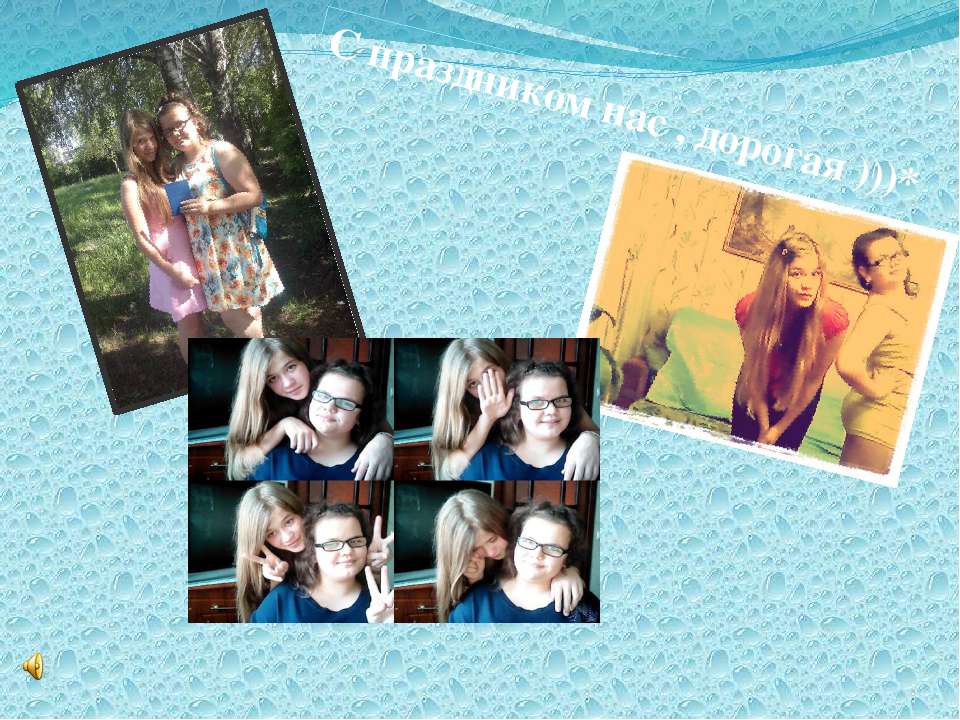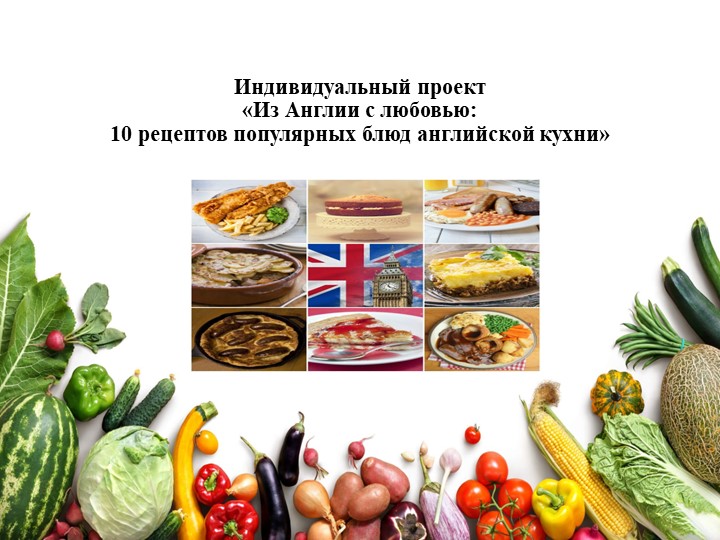I Love My School

- Рубрика: Презентации / Презентации по английскому языку
- Просмотров: 479
Презентация "I Love My School" онлайн бесплатно на сайте электронных школьных учебников edulib.ru
“A Tutor” A tutor who taught on the flute Tried to teach two young tooters to toot Said the two to the tutor, “Is it harder to toot, or To tutor two tooters to toot?” ______________________________ a tutor – наставник, учитель; to tutor – учить, наставлять; a tooter – дударь; to toot – дудеть, трубить, играть на дудочке
Fill in the gaps b…g 6. p..n pen…il 7. M…nday le…son 8. be l…te s..ng 9. M…sic …tdoors 10. g…m bag 2. pencil 3. lesson 4. song 5. outdoors 6. pen 7. Monday 8. be late 9. Music 10. gym
Translate the sentences from Russian into English В портфеле много ручек и карандашей. В понедельник у нас 5 уроков. Не опаздывай! Мы поем на уроке музыки. Дети в России идут в школу в возрасте 6 лет. Мы часто играем на улице. Давай пойдем в спортзал! There are a lot of pens and pencils in the school bag. We have 5 lessons on Monday. Don’t be late! We sing in our Music lesson. Children in Russia go to school at the age of six. We often play outdoors. Let’s go to the gym!
Name the Subject At this lesson you read English texts, speak, ask and answer questions, play games… At this lesson you draw and paint… At this lesson you write in your exercise-book and count… At this lesson you read, write, do exercises, ask and answer questions, speak Russian… At this lesson you don’t read and write. You run, jump… English Art Maths Russian P.E.
Answer the questions When do the lessons begin at your school? When do they finish? What subjects do you have on your timetable? What are your favorite subjects? How many lessons do you have a day? Do you like to go to school? Why? What lessons do you have today?
primary ['praiməri] начальный rarely ['reəli] редко infant ['infənt] школа для малышей junior ['dζu:niə] school собственно начальная школа quite ['kwait] довольно
Primary Schools in England In Great Britain school begins at the age of four or five. Many boys and girls usually leave school at the age of sixteen. In England the school year begins in September, but not always on the first day of the month, as school rarely begins on Monday. The English think that Monday is not a good day to start school. Classes usually begin at nine. They have classes 5 days a week. They have classes on Monday, Tuesday, Wednesday, Thursday and Friday. Pupils have a break at 10:30. At one o’clock they have lunch. Classes are over at about four o’clock. Schools in England have names, not numbers. At the age of four or five, primary school children go to infant schools where they spend 3 years till they are seven. Their classes are quite informal. They play different games, run and jump. They sing songs, act and play a lot. They begin how to read, count, write a little too. When children are seven they go to junior schools, where they spend 4 years till they are eleven. Junior schools are real schools. Their subjects are: English, Maths, History, Nature Study, Geography, Art, Music. So in England children spend seven years in primary school.
Say whether the statements are true or false In Great Britain school begins at the age of four or five. Many boys and girls usually leave school at the age of fourteen. The English think that Monday is a good day to start school. Schools in England have numbers. When children are seven they go to infant schools.
Complete the sentences In Great Britain school begins… Many boys and girls usually.... Classes usually begin…. They have classes…. At one o’clock … Classes are over … At the age of four or five … They play different… When children are seven they go… Their subjects are… So in England children spend….






![primary ['praiməri] начальный rarely ['reəli] редко infant ['infənt] школа для малыше primary ['praiməri] начальный rarely ['reəli] редко infant ['infənt] школа для малыше](https://Xp4sTM90BVzr.frontroute.org/s11/2/5/6/9/3/7.jpg)









